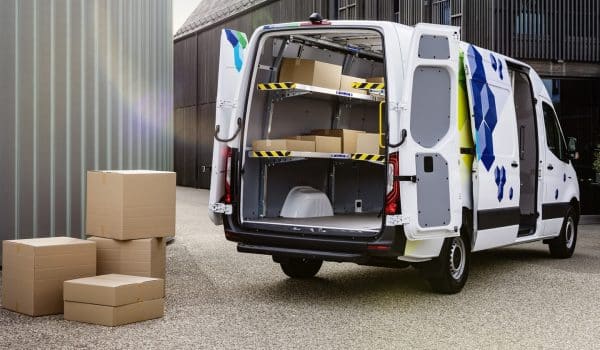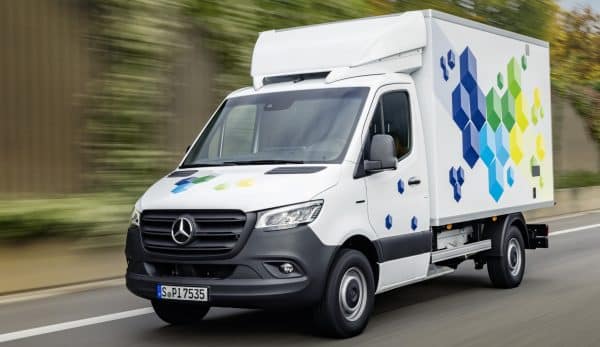
That’s mainly down to the surge in online shopping.
A survey by Mercedes-Benz Vans found that half of Britons (47%) believe delivery drivers are more important to their community than postmen.
This is largely due to the increased frequency of deliveries as people shop online more often.
Delivery drivers visit households
The report reveals that delivery drivers visit households an average of 2.7 times a week, compared to 2.3 times for postmen.
For younger people aged 18-34, the average number of weekly van deliveries is even higher, at 5.4, while postal visits are just 2.5.
Delivery driver Simon Deniel, 51, from Northumberland, said he enjoys getting to know his community through his work.
He says: “So many of us started getting our groceries delivered to avoid contact with others but now have settled into the rhythm of online shopping because, frankly, it’s so much easier.
“I’ve got to know so many people within my community so well.
“I’m always having a chat on the doorstep with my regulars – or if I see a customer on the street, I’ll wind my window down, say hello and ask them how they’re getting on.”
Building stronger relationships with delivery drivers

Also, 15% of customers said they would chat to a delivery driver about their family or daily life, while only 12% would do the same with a postman.
Despite the shift in relationships, postmen and women were still the group most likely to know their customers’ names, followed by delivery drivers and tradespeople.
Mercedes-Benz Vans’ sales director, Sarah Palfreyman, said: “We’re proud to keep van drivers moving with reliable transport, so they can continue to carry out their increasingly important work within our communities.”

